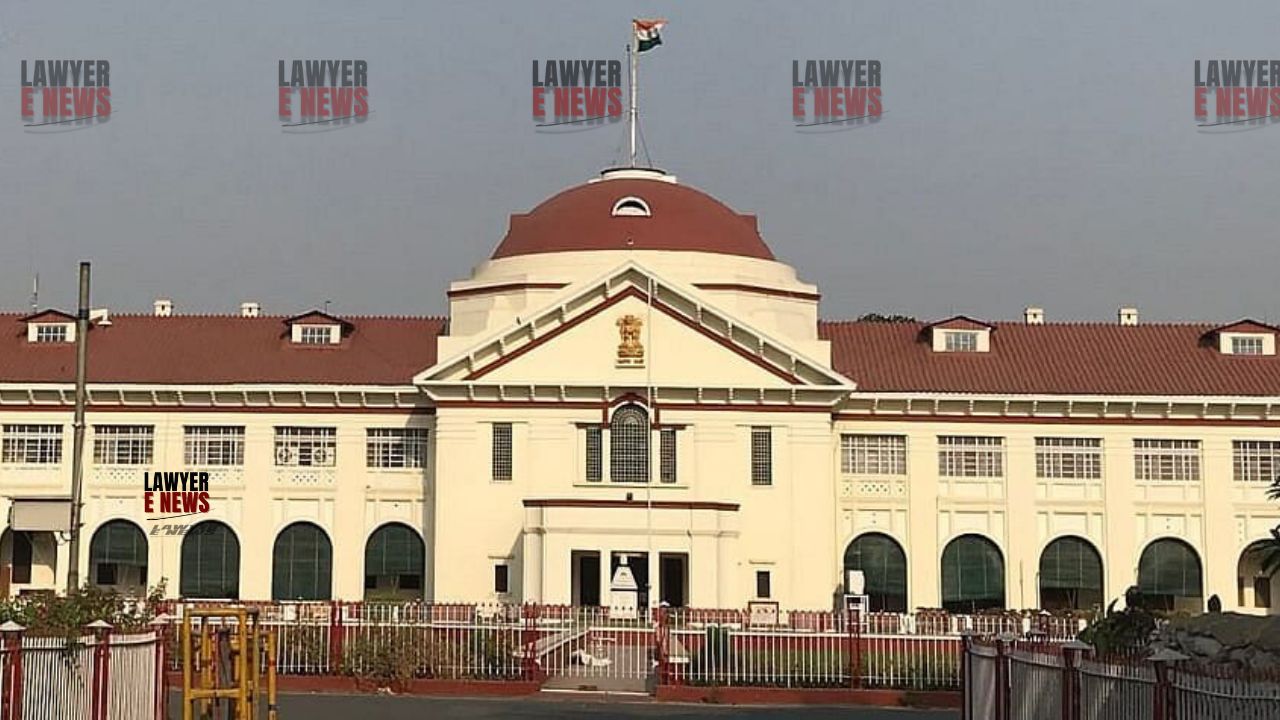-
by Admin
15 February 2026 5:01 PM



“Post-2006 Teacher Appointments Stand Firm, Unassailable,” Declares Justice Sinha The Patna High Court has ruled in favor of Bhole Shankar Kumar, a Panchayat Teacher, by nullifying the appointment of respondent no. 10 and reaffirming the stability of teacher appointments under the Bihar Panchayat Teachers (Employment and Service Conditions) Rules, 2006 (the 2006 Rules). Justice Anil Kumar Sinha emphasized that the conversion of Panchayat Shiksha Mitras to Panchayat Teachers under the 2006 Rules cannot be retroactively challenged, maintaining the validity of prior appointments.
Bhole Shankar Kumar was appointed as a Panchayat Shiksha Mitra in 2005 and subsequently converted to a Panchayat Teacher in 2006 under the 2006 Rules. A complaint by respondent no. 10, who claimed wrongful exclusion from the original selection, led to a series of legal disputes. Despite an interim stay on the Tribunal’s cancellation of Kumar’s appointment, the Panchayat Secretary appointed respondent no. 10, citing alleged irregularities in Kumar’s initial appointment.
Justice Sinha emphasized that once the 2006 Rules came into effect, existing appointments could not be contested retrospectively. “The appointment of Panchayat Shiksha Mitra, converted to Panchayat Teacher after 01.07.2006, stands firm and cannot be interfered with,” he noted, citing the Full Bench decision in Kalpana Rani v. The State of Bihar.
The court found that the Panchayat Secretary and the Employment Unit acted in bad faith by concealing the stay order and manipulating facts to favor respondent no. 10. The Employment Unit’s decision to not reinstate Kumar, despite the court’s order, was deemed contumacious.
Reaffirming the rulings in Renu Kumari Pandey v. The State of Bihar and Kalpana Rani v. The State of Bihar, the court underscored that no individual could claim the position of Panchayat Teacher post-2006 Rules based solely on prior panel inclusion as a Panchayat Shiksha Mitra.
The court extensively discussed the implications of the 2006 Rules, emphasizing the non-interference principle post-implementation. “The transformation from Panchayat Shiksha Mitra to Panchayat Teacher, as mandated by the 2006 Rules, is protected from retrospective challenges,” the judgment declared.
Justice Anil Kumar Sinha stated, “The decision of the Panchayat Secretary and the Employment Unit overriding the order of this Court is unknown to the rule of law and is contumacious.” He added, “No appointment post-2006 Rules can be contested on the basis of pre-2006 selection panels.”
The judgment mandates the reinstatement of Bhole Shankar Kumar as Panchayat Teacher, nullifies the wrongful appointment of respondent no. 10, and directs the authorities to act within two months. This ruling solidifies the legal framework protecting teacher appointments under the 2006 Rules and reinforces the judiciary’s role in upholding justice against administrative malfeasance.
Date of Decision: August 2, 2024
Bhole Shankar Kumar v. The State of Bihar & Others
